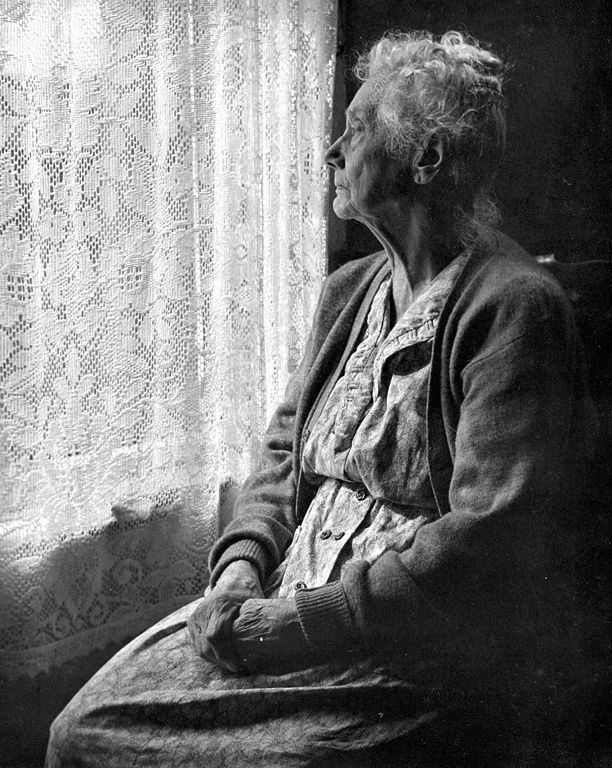Four Ways Hypnotherapy Can Help Caregivers
Four Ways Hypnotherapy Can Help Caregivers
 Many people find themselves in situations where they do not want to put elderly or disabled parents into nursing homes, or where they do not or cannot afford to get outside care for special needs children or family members.
Many people find themselves in situations where they do not want to put elderly or disabled parents into nursing homes, or where they do not or cannot afford to get outside care for special needs children or family members.
How can Heart-Centered Hypnotherapy help?
- Respite care for caregivers is always advised but most people don’t know how to make that happen. Self-hypnosis provides a deep state of instant relaxation once it has been taught. The caregiver may not be able to physically leave the home for rest and relaxation, but can “leave the stress behind” when taught to do self-hypnosis and relaxation techniques while their patient is sleeping or otherwise preoccupied.
- Hypnosis is also exceedingly helpful in providing healing and relaxation for the aging or disabled family member. Milton Erickson discovered hypnotherapy when he was besieged with polio as a child. He learned to eliminate his daily pain by imagining himself slowly floating down to the bottom of a swimming pool (self-hypnosis) and then leaving the discomfort down there. As he visualized himself coming up to the surface of the pool, he saw this large black pool of pain, which he termed “ink.” He realized he could visually leave the ink/pain at the bottom of the pool and gradually float up to the surface, i.e., coming up out of the deep trance he had created by going down to the bottom of the pool. He emerged free from discomfort for the entire day. He committed to doing this pain control practice daily and we now use this and many more techniques to relieve chronic pain. It helps to reduce or eliminate the need for pain killing drugs which can become addictive.
- Often the caregiver has deeply buried emotions toward the family member they are caring for that have not been released. For this we employ the deeper methods of Hypnotherapy. For example, perhaps the caregiver is resentful, feeling as if they have been forced to put their own life on hold for an undetermined period of time. Sometimes they find themselves secretly “wishing” that their patient would die. Of course this brings feelings of guilt and shame. They may also feel fear that they are causing their family member to get worse, or that they are responsible for any downward turn the patient takes. Through hypnotherapy for the caregiver, we can go back to the source of the guilt and shame, perhaps to a pattern of taking on burdens of responsibility that they really did not want to take on.
- We also suggest that the caregiver read our book Breaking Free from The Victim Trap, which will help them to understand the family dynamics that may be contributing to the situation they have created for themselves. An example of this lifelong pattern is best told by one of our long time students named Faith, who, herself recently had a heart attack at age 67. She had spent the best years of her life taking on the heavy responsibility of caring for other family members. The pattern began in childhood when her role in the family was to be “the good little girl” and “mama’s little helper.” Her mother shaped this role for her with constant praise and rewards when she took on the role of self-sacrifice. This role was especially praised when Faith took care of her mother and grandmother. She spent much of her youth caring for her “dying grandmother.” Faith kept thinking that grandma would die soon and then she would be free to play and have fun.
The more this situation dragged on, the more rewards Faith received from her mother. When grandma finally did die, of course, Faith was sad, but was looking forward to her new freedom to play with friends. Needless to say this never happened as there was always someone else her mother set her up to care for. This pattern continued into adulthood, and of course Faith became a nurse so there were always folks to care for. What a dilemma! However, after that heart attack, Faith realized through her hypnotherapy experiences that she was not responsible for everyone else, that it was self-sabotage to sacrifice her own life in order to take care of others, and that it is now time for her to be free, to play and have fun.








